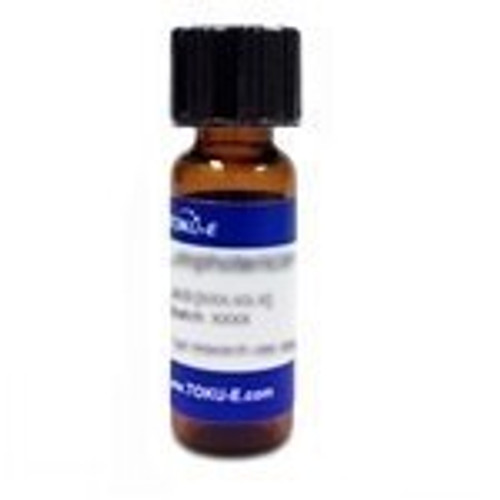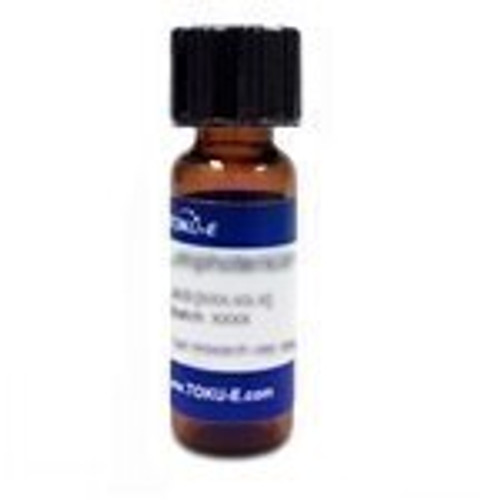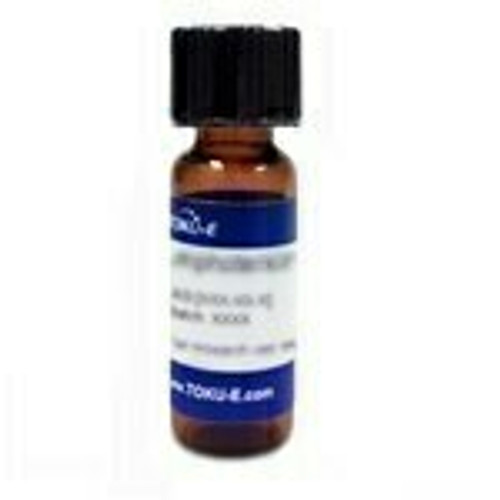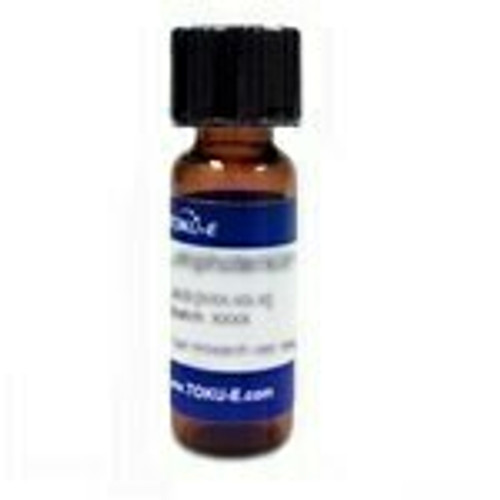Tropodithietic Acid is a potent antibiotic isolated from a Roseobacter strain by Brinkhoff and colleagues at the University of Gottingen, Germany in 2004. Tropodithietic Acid is a strong inhibitor of marine bacteria, promoter of algal health and a potent quorum sensing regulator. Tropodithietic Acid is a tropone that exists as an interconverting tautomer with thiotropocin, itself isolated in the 1980s as a metabolite from a strain of Pseudomonas. Tropodithietic acid has potent, broad-spectrum anticancer activity, acting via a mechanism similar to polyether antibiotics.
| Molecular Formula | C8H4O3S2 |
| References | Brinkhoff T et al (2004) Antibiotic production by a Roseobacter clade-affiliated species from the German Wadden Sea and its antagonistic effects on indigenous isolates. App. Env. Microbiol. 70:2560 Greer E.M. et al (2008) Computational studies of the tropone natural products, thiotropocin, tropodithietic acid, and troposulfenin. Significance of thiocarbonyl-enol tautomerism. J. Org. Chem. 73:280 Kintaka K et al (1984) Thiotropocin, a new sulfur-containing 7-membered-ring antibiotic produced by a Pseudomonas sp. J. Antibiot. 37:1294 Wilson MZ et la (2016) Mode of action and resistance studies unveil new roles for tropodithietic acid as an anticancer agent and the γ -glutamyl cycle as a proton sink. Proc. Nat. Acad. Sci. 2016 113:1630 |







